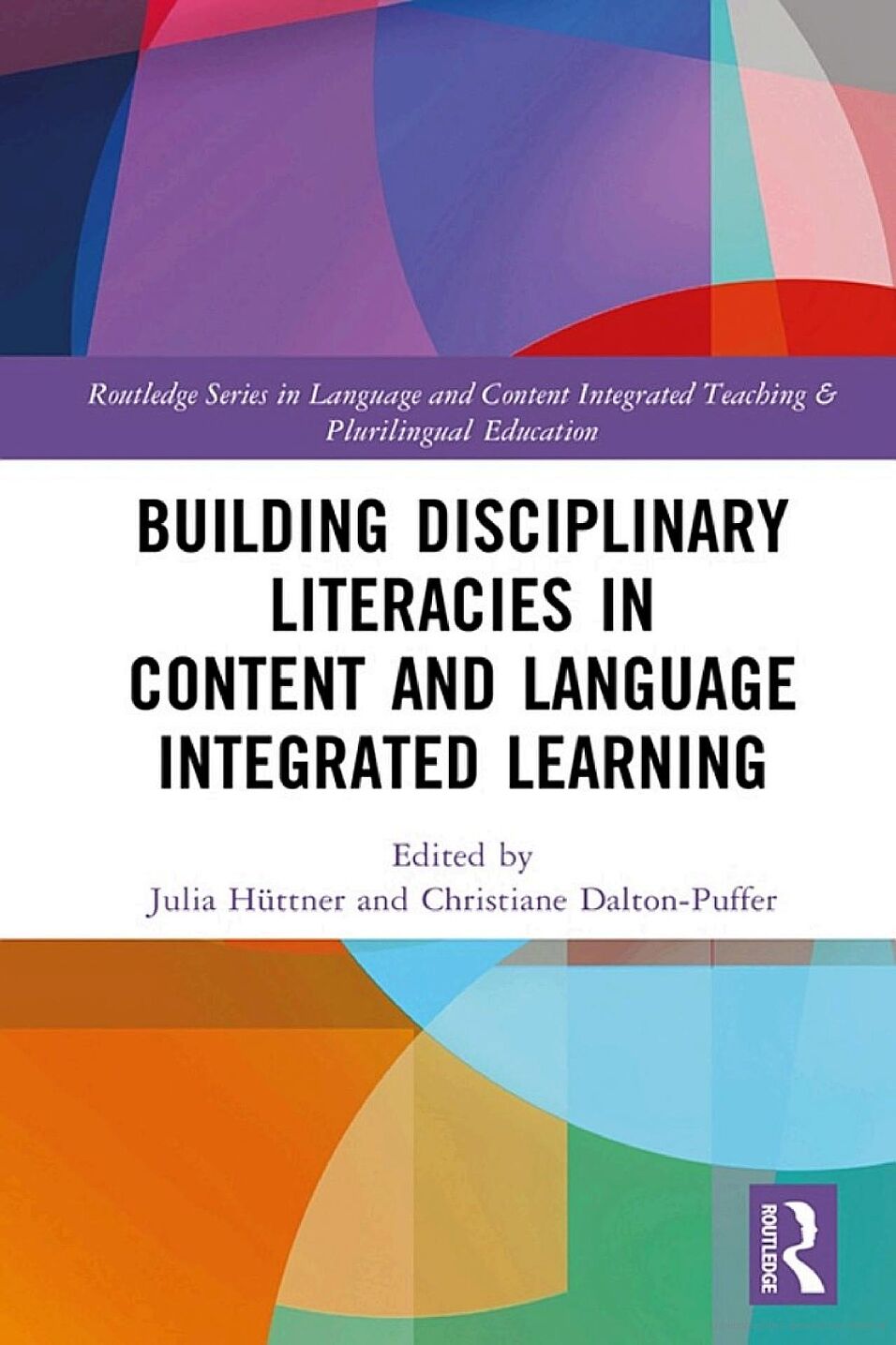The chapters outline the argument that the main benefit of CLIL lies in the fact that learners acquire specific literacy practices linked to the curricular subjects they study via the CLIL language and that these go beyond what is commonly learned and studied within a foreign language curriculum. The book provides an orientation as to how such disciplinary literacy or literacies can be conceptualised and understood, and introduces several models that have served to make disciplinary literacies graspable and visible. The various chapters showcase research and development projects from different geographical and educational contexts and therefore elaborate ideas around disciplinary literacies from different vantage points.
This book aims at a wide and varied readership, including graduate students studying applied linguistics, foreign language education, and/or teaching methodology; language teachers; content subject teachers with an interest in the linguistic side of their subject; and teacher trainers.

